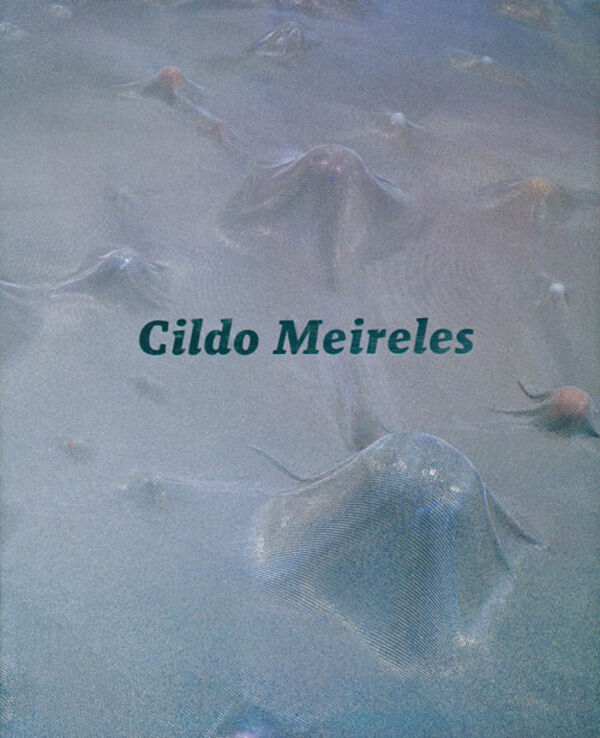Cildo Meireles
Brazilian artist Cildo Meireles (born in 1948), has made some of the most politically telling and aesthetically seductive works in recent art. An important theme in the Brazilian postwar avant-garde, from which Meireles emerged at the end of the 1960s, was the relationship between the sensual and the cerebral, the body and the mind.
Meireles, now acknowledged as a key instigator of international Conceptual art, has remained true to these concerns - and to a political and ethical viewpoint formed outside the cultures of plenty. At the same time, he has become a global artist, making work that deals with issues and experiences that affect us all - whatever our country of origin. Under the repressive military regime of the late 1960s and early 1970s, which controlled the Brazilian media, Meireles found different ways of reaching the public - stamping bank notes with seditious slogans and returning them into circulation, or stenciling Coke bottles with slogans before sending them back to the bottling plant. Other works play with the sense of space or scale, varying in size from that of a finger ring to an installation covering almost 750 square feet. His installations are always designed to heighten the awareness of his audience, sometimes by inducing fear, as in Volatile (1980/94), which includes the presence of a naked candle and the smell of natural gas. Babel (2001) is a contemporary take on the myth of the tower that confounded the world's languages.
Lavishly illustrated, this volume includes 10 short thematic essays by leading scholars - including Moacir dos Anjos, Guy Brett, Okwui Enwezor, Maaretta Jaukkuri, Bartomeu Mar', Lu Menezes, Suely Rolnik, Sônia Salzstein and Lynn Zelevansky - as well as previously unpublished commentaries on each work by the artist.
Meireles, now acknowledged as a key instigator of international Conceptual art, has remained true to these concerns - and to a political and ethical viewpoint formed outside the cultures of plenty. At the same time, he has become a global artist, making work that deals with issues and experiences that affect us all - whatever our country of origin. Under the repressive military regime of the late 1960s and early 1970s, which controlled the Brazilian media, Meireles found different ways of reaching the public - stamping bank notes with seditious slogans and returning them into circulation, or stenciling Coke bottles with slogans before sending them back to the bottling plant. Other works play with the sense of space or scale, varying in size from that of a finger ring to an installation covering almost 750 square feet. His installations are always designed to heighten the awareness of his audience, sometimes by inducing fear, as in Volatile (1980/94), which includes the presence of a naked candle and the smell of natural gas. Babel (2001) is a contemporary take on the myth of the tower that confounded the world's languages.
Lavishly illustrated, this volume includes 10 short thematic essays by leading scholars - including Moacir dos Anjos, Guy Brett, Okwui Enwezor, Maaretta Jaukkuri, Bartomeu Mar', Lu Menezes, Suely Rolnik, Sônia Salzstein and Lynn Zelevansky - as well as previously unpublished commentaries on each work by the artist.
